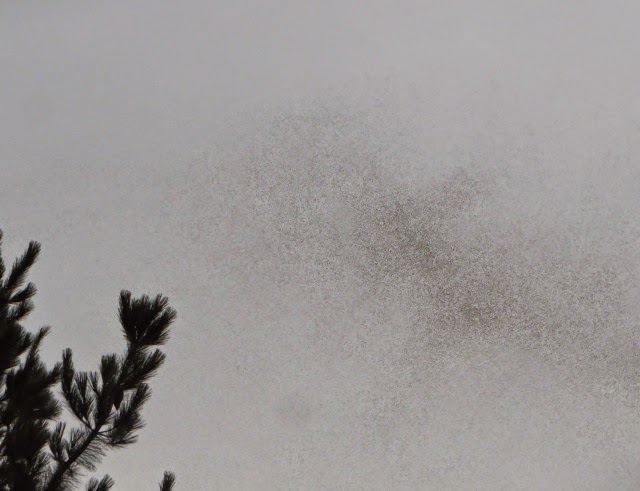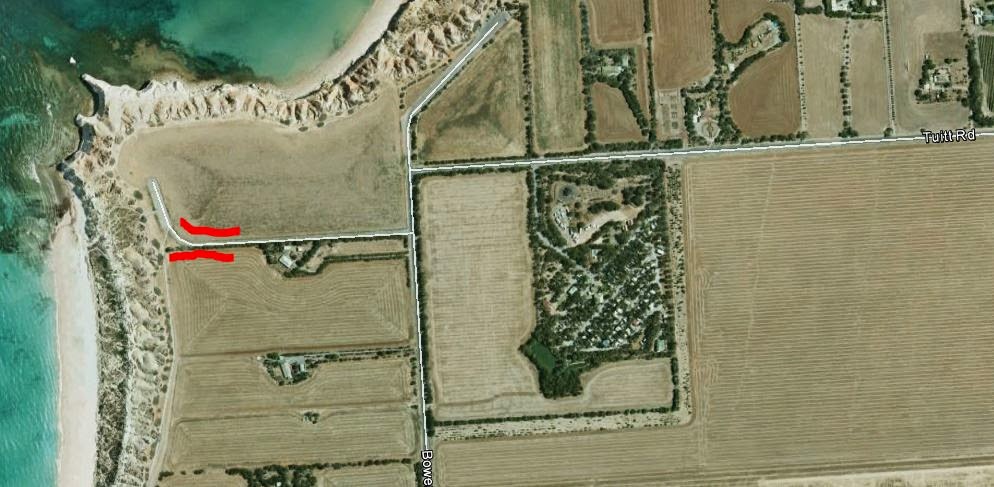The answer lies in the soil
Perhaps some readers will recognise the title as being the catchphrase of Arthur Fallowfield the famous West Country character from Beyond Our Ken. I was thinking of this today as I prepared a new bed for some gladioli we have acquired for Summer colour
My blogging friend Denis has commented a few times about the rocky nature of Carwoola. This proves he is familiar with the area. His observations form the basis of my classification of the soils of our garden. This has three elements, based on the tool one uses first when starting to garden in an area.
and use them to fill in potholes in the drive!)
On a more relaxed note here are a couple of images from the vegetable garden (on type 3 soil). We have enough asparagus to share with friends.
Our broad beans are also doing well, with many flowers.
I was interested to see that as well as the expected bees some ants and a couple of 'blue' butterflies appeared to be participating in the pollination frolics.
My blogging friend Denis has commented a few times about the rocky nature of Carwoola. This proves he is familiar with the area. His observations form the basis of my classification of the soils of our garden. This has three elements, based on the tool one uses first when starting to garden in an area.
- Crowbar country: this is most of the area. Once the inch of grass and topsoil has been penetrated the next step is to get the 2m long crowbar into the revealed shale. Some clay is also evident and that, together with compost and what soil is able to be gathered from the surface becomes the basis of the bed. No worms or other life visible until they come in with the compost.
- Mattock Meadows: Probably this stuff has been 'disturbed' by building work or earlier attempts to form a garden.There is some possibility of getting the blade of a mattock between the stones and the biggest ones are a bit bigger than fist sized. A few worms (possibly Lumbricoides ferrocaput) are encountered. After a first go with the mattock a fork can generally be used to sort out something that with a little compost becomes a suitable habitat for vegetation other than cactus or spinifex.
- Fork farming: This is pretty much restricted to the vegetable garden. Nice friable soil, at least 15cm deep. While it is in a gully and may thus reflect water run off, we suspect that it arrived in several trucks several years ago. Lots of worms!
and use them to fill in potholes in the drive!)
On a more relaxed note here are a couple of images from the vegetable garden (on type 3 soil). We have enough asparagus to share with friends.
Our broad beans are also doing well, with many flowers.
I was interested to see that as well as the expected bees some ants and a couple of 'blue' butterflies appeared to be participating in the pollination frolics.






Comments